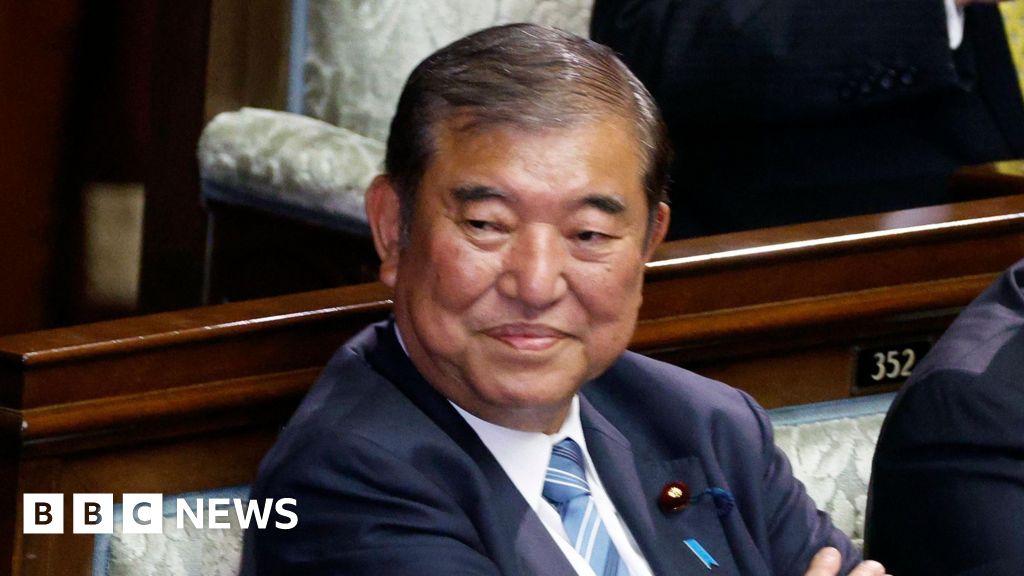“The Japanese people expressed their strong desire for the LDP to do some reflection and become a party that acts in line with the people’s will,” Ishiba told national broadcaster NHK after that election.
Ishiba’s cabinet will mostly remain the same, but the members who have lost their seats in the election will be replaced.
The long-ruling party has become increasingly unpopular as Japan finds itself in the throes of economic challenges including soaring inflation, a sluggish economy and a weak yen.
In recent years, the LDP has also come under scrutiny over political scandals including its ties to the controversial Unification Church and allegations that its politicians had concealed millions of dollars in fundraiser donations. When Kishida announced in August that he would step down as prime minister, he cited both cases as reasons for the party’s crisis of trust.
Ishiba faces another challenge on the foreign policy front, as Donald Trump’s victory in the US presidential election could mean more of his protectionist policies and potential new trade tariffs, especially on Japanese steel.
Ishiba previously vowed to reform the LDP, revive the economy and double defence spending. He had also voiced support for socially liberal policies, including marriage equality and allowing couples to have separate surnames – though he has since called for further discussion on the issues, in line with the LDP’s more conservative stance.

